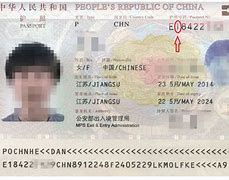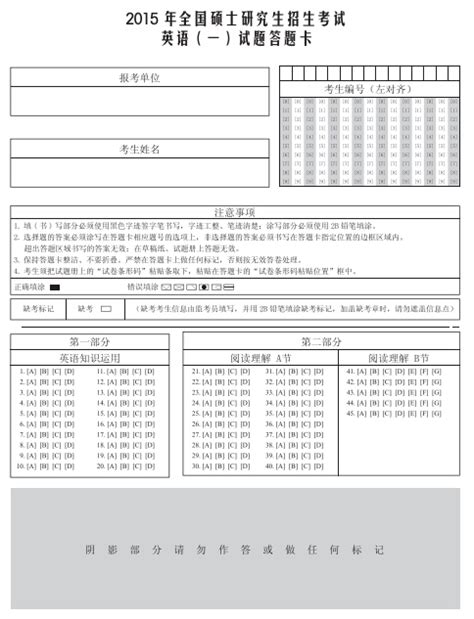TheEnigmaofNumbers:UnravelingtheComplexitiesofCommunication
Introduction
Numbers, in their essence, are the building blocks of mathematical understanding and the foundation of quantitative reasoning. However, in the realm of communication, numbers take on a different significance. They are not just digits; they are identifiers, links to individuals, and gateways to information. This article delves into the multifaceted role of numbers in modern society, exploring their use in telecommunications, security, and personal identity.
The Evolution of Numbers in Communication
The journey of numbers in communication began with the simple need to differentiate between entities. From the early days of postal services, where numbers were used to distinguish between addresses, to the advent of telephony, where numbers became the unique identifiers for telephone lines, numbers have been integral to the way we connect.

With the invention of the telephone by Alexander Graham Bell in 1876, numbers transformed into a means of instant communication. The telephone number, a sequence of digits, became the key to unlocking a voice on the other end of the line. As technology advanced, so did the complexity and functionality of numbers.
The Modern Role of Numbers in Telecommunications
In the digital age, numbers have become even more critical. Mobile phone numbers, for instance, are not just for voice calls; they are the lifelines of text messaging, mobile internet access, and even financial transactions through mobile banking. The ubiquitous 10digit mobile number is a personal identifier that carries with it a wealth of information about the user.
Moreover, with the rise of the internet and the proliferation of social media, numbers have taken on a new form. IP addresses, a series of numbers that identify a device on the internet, are the digital equivalent of a telephone number. They allow for the routing of data packets across the vast expanse of the internet, enabling communication and connection in ways that were once unimaginable.
Numbers and Security
Numbers are also at the heart of security measures. Passwords, PINs, and security codes are all numerical constructs designed to protect access to personal information and secure transactions. The use of numbers in security is a testament to their power to uniquely identify and authenticate individuals.
In the realm of cybersecurity, numbers play an even more critical role. Encryption algorithms, which are mathematical in nature, rely on complex numerical relationships to secure data. The use of prime numbers in RSA encryption, for example, is a prime example (pun intended) of how numbers can be used to protect information from unauthorized access.
Numbers and Personal Identity
Numbers are not just for communication and security; they are also deeply intertwined with personal identity. Social Security numbers, national identification numbers, and driver's license numbers are all examples of how numbers are used to track and manage personal information. These numbers are often the keys to accessing services and benefits, and as such, they are closely guarded by individuals and governments alike.
The Challenges of Numbers in Society
Despite their utility, numbers also present challenges. The issue of privacy is paramount, as numbers can be used to track and monitor individuals. The misuse of personal numbers can lead to identity theft, fraud, and a loss of privacy. The balance between the convenience of numbers and the need for privacy is a delicate one that society continues to grapple with.
Conclusion
Numbers, in their various forms, are an integral part of modern communication. They are the threads that weave together the fabric of our interconnected world. From the simplicity of a telephone number to the complexity of an encryption algorithm, numbers are the silent enablers of communication, security, and identity. As we continue to navigate the digital landscape, the role of numbers will undoubtedly evolve, but their importance will remain undiminished. The enigma of numbers is a story that is still unfolding, and as we unravel its complexities, we gain a deeper understanding of the world we live in.
版权声明
本文仅代表作者观点,不代表百度立场。
本文系作者授权百度百家发表,未经许可,不得转载。











